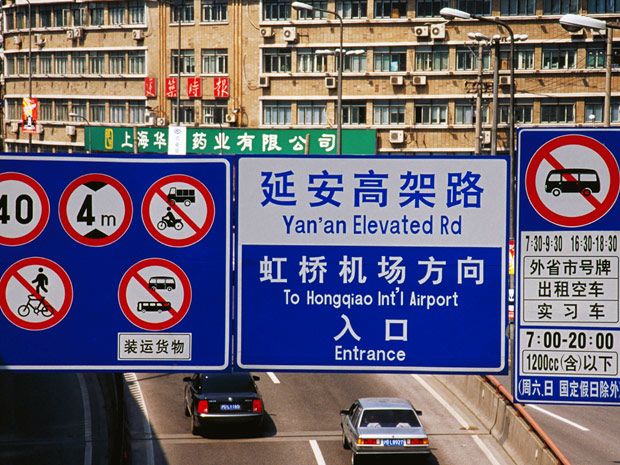BMW's Chinese Robocar Tests Will Use Baidu's Maps
Superdetailed maps are key to self-driving cars, and in China, Baidu can provide them
BMW is collaborating with the Chinese search-engine giant Baidu to provide its experimental self-driving cars with maps of select Chinese roads. And that's just as you'd expect, given that no self-driving car can manage without digital maps, and Baidu is the company that best provides them in China.
Maps are what drew Google (that other search-engine firm) to launch its pioneering robotic car project. Not the kind of maps that you now call up on your smart phone to guide you to your destination but maps that show the roads and what's alongside them, warts and all. That means every exit ramp, every driveway, and every curb.
A self-driving car must be able to perceive things itself, of course. But, like an NBA shooter on the basketball court, it also needs a clear sense of where it is.
One day, cars may have computer memories capacious enough to store detailed maps of all the roads in China. But even then they will need to be updated constantly to include changes, including changes as small as new lines painted on pavement and as large as the closing of a lane because of repair work.
Therefore, no amount of memory can free robotic cars from the need to talk to the road and to each other. Nor is any preinstalled feature likely to deprive Baidu and Google of a continuing stream of profits.
Philip E. Ross is a senior editor at IEEE Spectrum. His interests include transportation, energy storage, AI, and the economic aspects of technology. He has a master's degree in international affairs from Columbia University and another, in journalism, from the University of Michigan.
